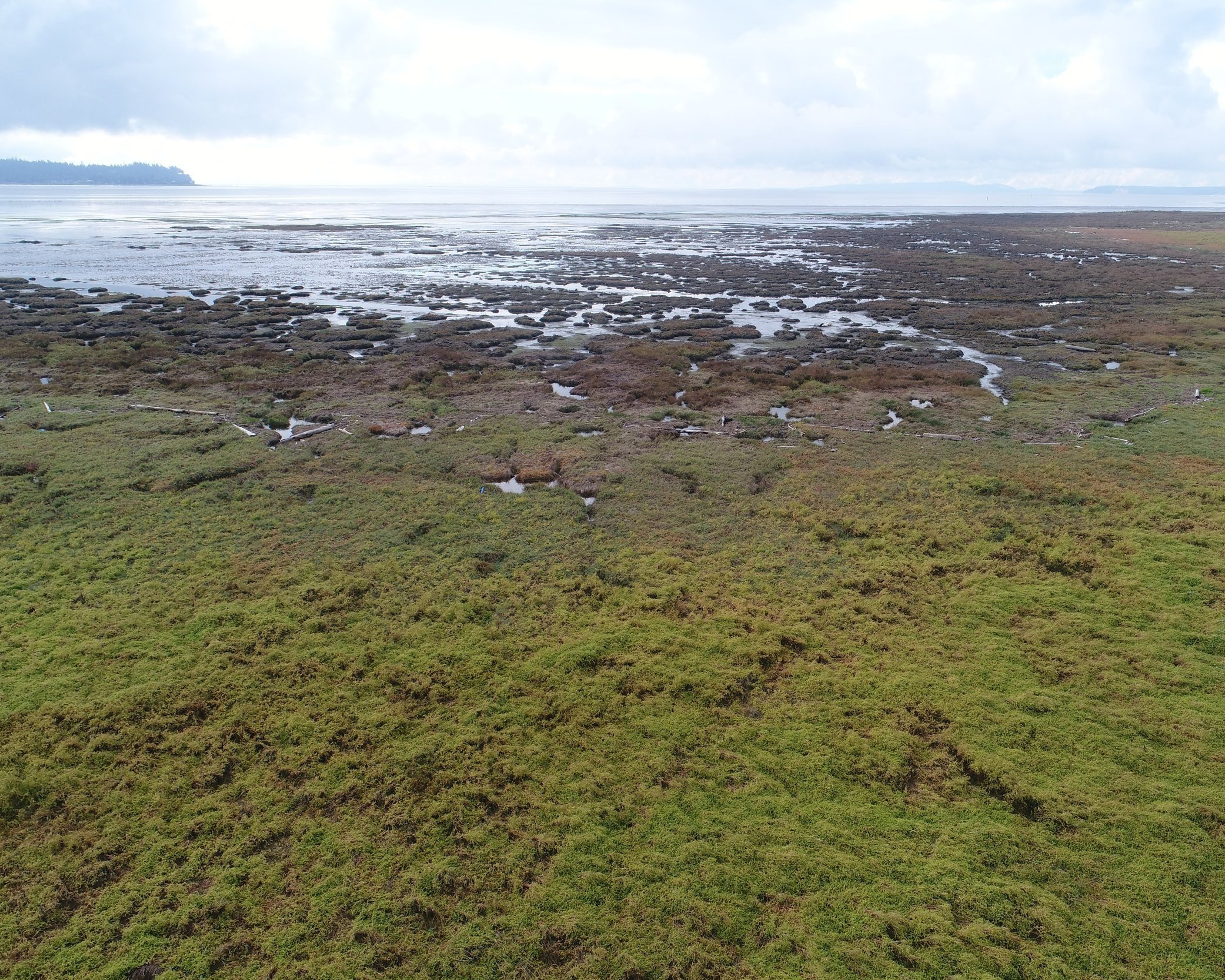Blue Carbon as a Canadian Climate Change Solution: Modelling the Mitigation Potential of Kelp Under Future Climate Change Scenarios

Lead Organizations
- University of Victoria
Project Description

Climate change is rapidly altering the planet. Solutions are urgently required to reduce greenhouse gas emissions (GHG) and limit further warming. Meeting Canada’s commitments under the Paris Agreement requires an accounting of all mitigation options, including natural climate solutions.
Coastal ecosystems, including salt marshes, seagrass meadows, kelp forests, and marine soft sediments are increasingly recognized as marine carbon reservoirs, known as blue carbon. Yet, despite having the world's longest coastline, Canada has yet to account for ocean carbon sinks in its GHG inventories.
This research will produce the critically-needed nationwide assessment of the capacity for Canada's oceans to serve as natural climate solutions, now and in the future.
Research Themes
Model current distributions of Canada’s blue carbon ecosystems (tidal marshes, eelgrass meadows, kelp forests) and estimate their mitigation capacity.
Project the future mitigation potential of Canada’s blue carbon ecosystems under different climate change scenarios.
Assess the mitigation capacity of Canada’s marine soft sediment habitats, and how these change under different protection scenarios.